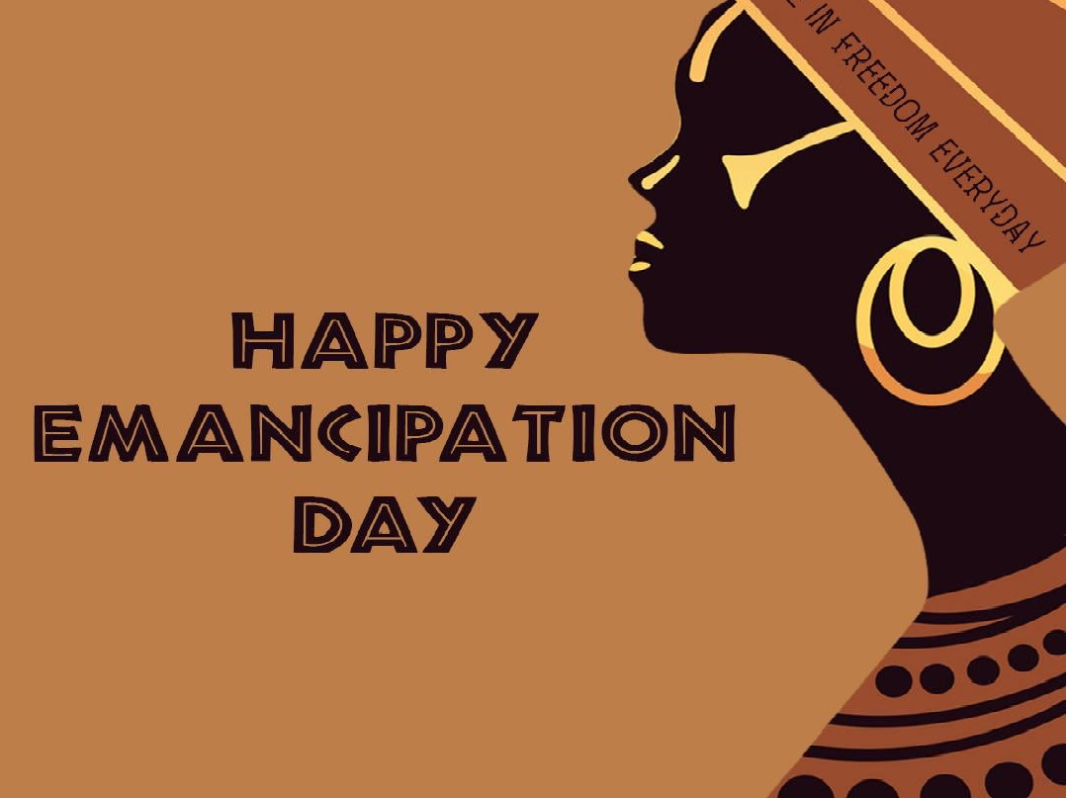Port of Spain, 1 August 2022 (TDI): Each Year, on the first of August, the state of Trinidad and Tobago celebrates emancipation day.
Many people around the state gathered for festivities this year and celebrated Emancipation Day.
History of Emancipation Day:
1st August was the day in history when slaves living in Trinidad and Tobago were granted full independence. In 1838, British Parliament formally implemented the law presented in 1833 by Thomas Buxton to abolish slavery and the slave trade.
After the law came into effect on 1st August 1834, a period of apprenticeship was observed. Finally, on 1st August of 1838, the law was implemented, and slaves living in the British colonies were granted freedom.
As a result of this, more than 20,000 slaves living in the plantations of Trinidad and Tobago got freedom. The enslaved people moved off the plantations and started settling in nearby villages.
They began their new lives with freedom there and took over professions like tradesmen and domestic workers.
National Holiday:
In 1985, Trinidad and Tobago became the first country to declare a national holiday on Emancipation Day. The day is observed as a national celebration to commemorate the abolition of slavery.
Moreover, the day also replaced Columbus Discovery Day which marked the arrival of Christopher Columbus in Trinidad on the 31st of July, 1498.
The day is celebrated by mass procession throughout the country. African drums, Steelband, moko jumbies, and dance groups that encourage African culture are also observed on the day.
Message by Prime Minister of Trinidad and Tobago:
Keith Rowley, the Prime Minister of Trinidad and Tobago, congratulated the African community on Emancipation day.
He recalled the time when Africans faced extreme divisions due to their color and culture and when they were only considered slaves.
Moreover, he added that millions died during that period, and many started hating their culture afterward. He emphasized that Africans were not backward in any way, and they had given the greatest civilizations to their land at a time when Europe was still in Dark Age.
The Prime Minister said that now is the time for reconciliation and healing from the effects of the dark periods the African community had to see. He said it is time to collectively deal with people observing psycho-social efforts to end their African spirits.
He also brought to attention the destructive weather patterns of storms, heat waves, flooding, and wildfires the world faces. He also highlighted the waves of irrational violence spreading throughout the country. Consequently, he called for national attention to be paid to curb the effects of these incidents and to help lower their occurrence possibilities in the future.
He explained that he had suggested that violence around the state be considered a national public health emergency. The Prime Minister also described establishing a team of policy-makers to help deal with violent incidents across the African community.
Keith Rowley said that today’s Emancipation Day was a good day to start change. He told the nation to go beyond the celebrations to reflect on the wave of violence in their communities. Furthermore, he told them to take care of people around them, share their thoughts with them, and hear theirs.
Concluding his message on Emancipation Day, he told his nation never to forget its history. He told them that only strong people have the ability to forgive, and so they should seek to heal.
He also reminded the nation that Africa is a multi-cultural land with a narrative of inclusiveness and equality for all. So, they should collectively work to help the African community rise to glory.
Emancipation Support Committee in Trinidad and Tobago (ESCTT):
The ESCTT also marked the 30th anniversary of the committee’s establishment along with Emancipation Day itself. With the theme of 30 years of Transformation and Resilience, the committee paid attention to its work and achievements.
Moreover, the ESCTT also expressed its pride in helping decolonize space in Trinidad and Tobago. They have helped through the establishment of ARISE and the Yoruba Village Monument. The monument explains the contribution of African people to the cultural, social, and economic landscape of Trinidad and Tobago.
The committee expressed their hope in continuing to help decolonize the environment and taking further steps to build a positive image of the Caribbean and the African community and strengthen them.








